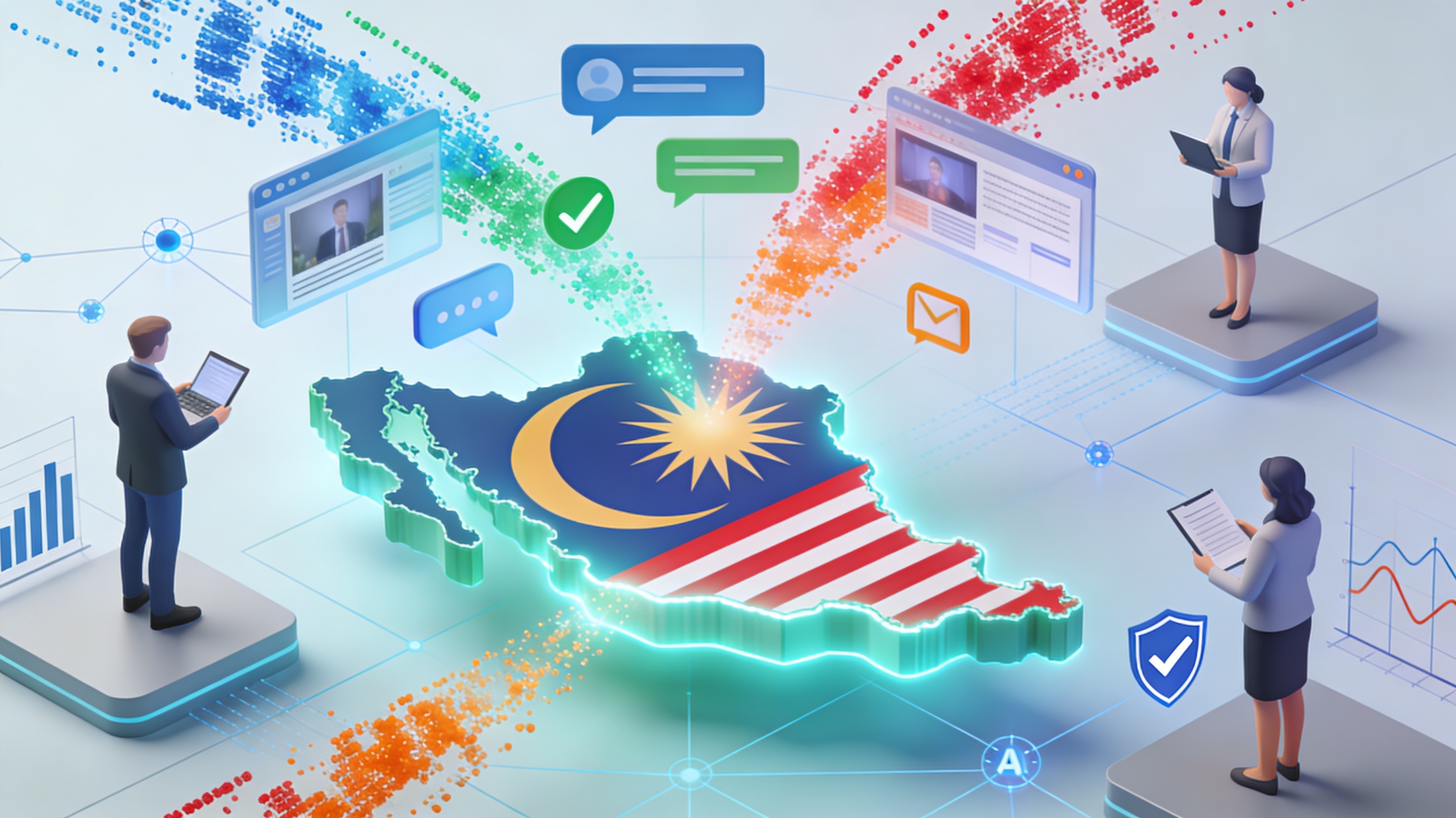About the Journal
KANAL: Jurnal Ilmu Komunikasi aims to facilitate scholars, researchers, and teachers in publishing original research articles and review articles in the field of communication science. The journal serves as a platform for disseminating significant and innovative findings that contribute to the advancement of communication theory and practice. Covering a wide range of topics, including interpersonal communication, mass communication, political communication, development communication, communication media, cultural communication, business communication, public relations, and journalism, KANAL seeks to provide valuable insights and practical applications in these areas. By encouraging interdisciplinary research and fostering academic excellence, the journal strives to enhance knowledge and understanding in communication science, ultimately contributing to the betterment of society.










